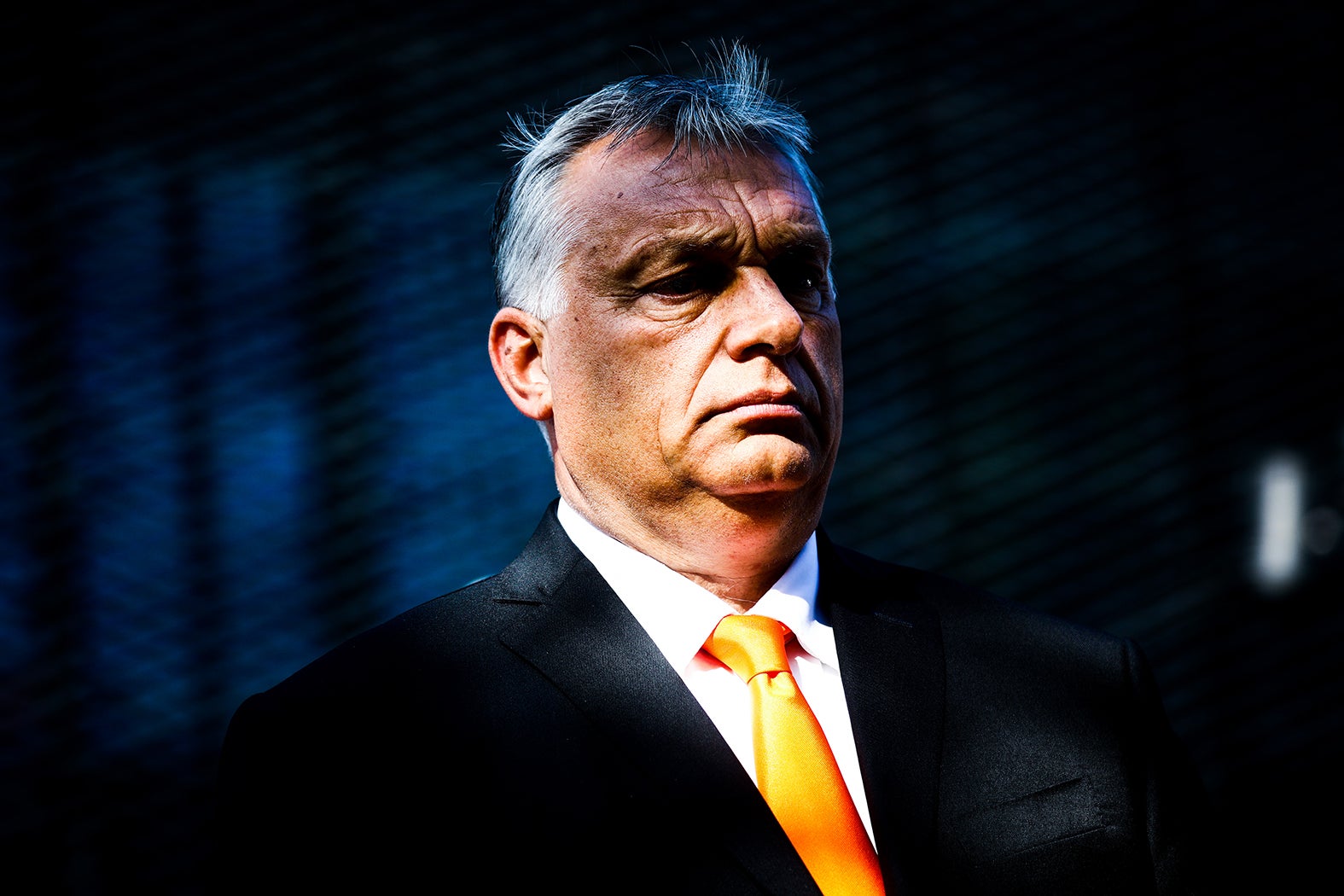If the unlikely anti-government alliance holds, it could provide a rare chance to unseat the long-serving prime minister.
From today (4 October) until the end of the week, the Hungarian opposition will hold the second round of their primary to decide a joint candidate for prime minister ahead of parliamentary elections due to be held next year. Having failed to unseat prime minister Viktor Orbán since he came to power in 2010, six opposition parties plan to unite behind joint candidates, both in parliamentary constituencies and for the post of premier, a tactic unprecedented in modern Hungarian history.
The opposition parties hope to be able to counteract the effects of Hungary’s majoritarian electoral system, which gives a huge boost – more seats than their share of the vote – to the winning party. Orbán’s ruling Fidesz party won the last election on 49 per cent of the vote but gained two thirds of seats. In his 11 years in office, Orbán has rewritten electoral law to favour his party, his critics allege. Selecting joint opposition candidates is designed to counter the effects of such foul play.
In last week’s first round, roughly 8 per cent of voters participated, putting the leftist Democratic Coalition’s Klára Dobrev, a vice-president of the European Parliament, in the lead. Budapest’s liberal mayor, Gergely Karácsony, was in second, and Péter Márki-Zay, mayor of a smaller Hungarian city, in third.
Primary voters will also elect joint opposition candidates to stand against Fidesz in every parliamentary constituency.
The primary is, to say the least, an unlikely affair. A process without parallel in recent history, it has united disparate parties, including leftists, Greens, liberals and Jobbik, which began on the far-right but claims to have moved to the centre. The six factions, tired of the anti-Fidesz vote splitting, pledged to work together following months of negotiations.
The opposition were buoyed by a surprise win in the 2019 Budapest mayoral election, which saw a candidate chosen by a similar primary process prevail against his Fidesz opponent, says Gergely Hajdú, a member of aHang, a civil society organisation helping to organise the primaries.
Whoever wins the primary will lead a disparate coalition committed to one goal above all others: unseating Orbán and rewriting the constitution to reverse what critics characterise as entrenched state capture designed to favour Fidesz.
Whether a coalition made up of such varied parties can hold, either in the run-up to the elections or after them, remains an open question. Zsuzsanna Szelényi, a former Fidesz MP who joined an opposition party, is optimistic. “What can keep this campaign together, and a potential new government together, is that they all want the same in the basic things, which is to change the constitution to be properly democratic, which it is not.”
The process has not been straightforward: Hajdú says this year’s primaries have faced cyber attacks, though he doesn’t yet know who was responsible. Moreover, the ongoing process has been almost completely ignored by most Hungarian media, overwhelmingly controlled by government allies, says Szelényi.
Still, despite the hitches, the process looks likely to produce the most united opposition for years in advance of the 2022 elections. If the alliance holds, it could be the best chance for over a decade of unseating Orbán.
The opposition parties hope to be able to counteract the effects of Hungary’s majoritarian electoral system, which gives a huge boost – more seats than their share of the vote – to the winning party. Orbán’s ruling Fidesz party won the last election on 49 per cent of the vote but gained two thirds of seats. In his 11 years in office, Orbán has rewritten electoral law to favour his party, his critics allege. Selecting joint opposition candidates is designed to counter the effects of such foul play.
In last week’s first round, roughly 8 per cent of voters participated, putting the leftist Democratic Coalition’s Klára Dobrev, a vice-president of the European Parliament, in the lead. Budapest’s liberal mayor, Gergely Karácsony, was in second, and Péter Márki-Zay, mayor of a smaller Hungarian city, in third.
Primary voters will also elect joint opposition candidates to stand against Fidesz in every parliamentary constituency.
The primary is, to say the least, an unlikely affair. A process without parallel in recent history, it has united disparate parties, including leftists, Greens, liberals and Jobbik, which began on the far-right but claims to have moved to the centre. The six factions, tired of the anti-Fidesz vote splitting, pledged to work together following months of negotiations.
The opposition were buoyed by a surprise win in the 2019 Budapest mayoral election, which saw a candidate chosen by a similar primary process prevail against his Fidesz opponent, says Gergely Hajdú, a member of aHang, a civil society organisation helping to organise the primaries.
Whoever wins the primary will lead a disparate coalition committed to one goal above all others: unseating Orbán and rewriting the constitution to reverse what critics characterise as entrenched state capture designed to favour Fidesz.
Whether a coalition made up of such varied parties can hold, either in the run-up to the elections or after them, remains an open question. Zsuzsanna Szelényi, a former Fidesz MP who joined an opposition party, is optimistic. “What can keep this campaign together, and a potential new government together, is that they all want the same in the basic things, which is to change the constitution to be properly democratic, which it is not.”
The process has not been straightforward: Hajdú says this year’s primaries have faced cyber attacks, though he doesn’t yet know who was responsible. Moreover, the ongoing process has been almost completely ignored by most Hungarian media, overwhelmingly controlled by government allies, says Szelényi.
Still, despite the hitches, the process looks likely to produce the most united opposition for years in advance of the 2022 elections. If the alliance holds, it could be the best chance for over a decade of unseating Orbán.















